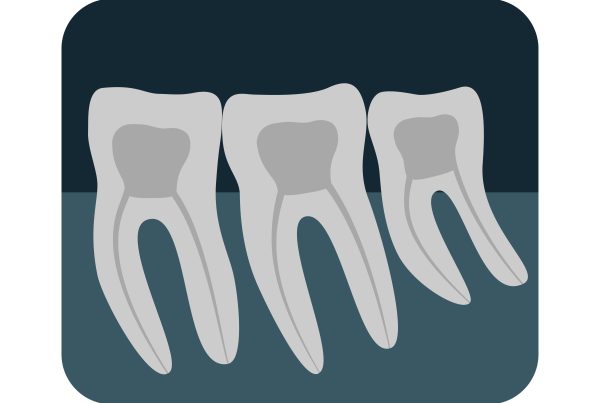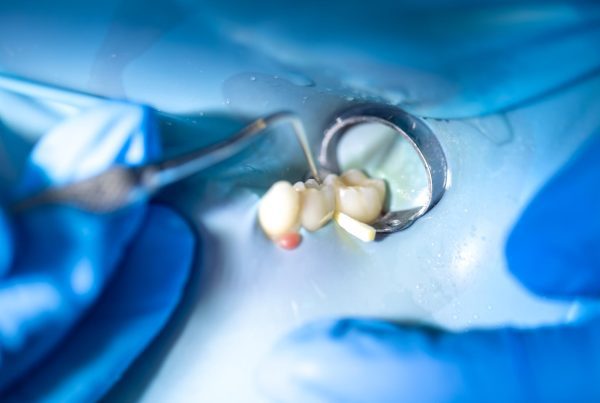Fear Of Wisdom Teeth Removal Is Very Real
Wisdom teeth removal can be a daunting prospect for many individuals. These third molars, which typically emerge in late adolescence or early adulthood, often bring with them a host of potential dental complications. The idea of undergoing oral surgery can instill fear and anxiety in even the bravest of hearts. However, it's important to remember that wisdom teeth extraction is a common and generally safe procedure that can alleviate pain and prevent more significant dental issues down the road. In this essay, we will explore the reasons why wisdom teeth removal is necessary, what the procedure entails, and how to ease the anxiety that often accompanies it. Understanding the process and the options available for pain management can help alleviate the fears associated with this common dental surgery.

What are the common reasons individuals experience fear or anxiety when facing wisdom teeth removal?
There are several common reasons why individuals experience fear or anxiety when confronted with the prospect of wisdom teeth removal. Firstly, the anticipation of pain during and after the procedure often triggers apprehension, as the thought of oral surgery can be unsettling. Additionally, the fear of potential complications such as nerve damage, excessive bleeding, or post-operative infections can exacerbate anxiety. Concerns about the recovery process and the associated discomfort, including swelling and limited dietary options, can also contribute to heightened apprehension. Furthermore, the unfamiliarity of the surgical environment, the use of anesthesia, and the perceived lack of control during the procedure can all intensify feelings of unease and vulnerability. Lastly, the fear of potential disruptions to daily routines or work commitments post-surgery can add to the overall apprehension, making the thought of wisdom teeth removal a source of considerable distress for many individuals.
How does the fear of pain during and after the procedure impact individuals’ decisions to undergo wisdom teeth removal?
The fear of pain, both during and after the wisdom teeth removal procedure, significantly influences individuals’ decisions regarding whether to undergo the extraction. This fear can often lead to avoidance or procrastination, with individuals opting to postpone the procedure despite dental recommendations. The anticipation of intense or prolonged post-operative pain may deter individuals from seeking timely treatment, leading to the exacerbation of existing dental issues. Furthermore, concerns about the potential need for prolonged medication use and its associated side effects can also dissuade individuals from pursuing the extraction, particularly if they have a low tolerance for pain or discomfort. Consequently, the fear of pain can contribute to a reluctance to address the problem promptly, potentially leading to the development of more severe dental complications over time.


What are the potential risks or complications associated with wisdom teeth removal, and how do they contribute to patients’ fear?
Wisdom teeth removal, like any surgical procedure, carries certain risks and potential complications that can contribute to patients’ fear. These may include but are not limited to, nerve injury, which can lead to temporary or even permanent altered sensation in the lips, tongue, or chin; post-operative bleeding, particularly in cases where the extraction site does not clot effectively; the risk of infection, which can cause pain, swelling, and prolonged recovery; temporary or permanent jaw stiffness, especially if the procedure involves extensive manipulation of the jawbone; and potential complications associated with anesthesia administration, such as allergic reactions or adverse drug interactions. The possibility of encountering any of these risks can heighten patients’ apprehension, causing them to hesitate or delay the procedure due to concerns about potential long-term consequences or complications that could impact their quality of life.
How do dental professionals address and mitigate patients’ fears during the consultation and pre-operative stages of wisdom teeth removal?
Dental professionals employ various strategies to address and alleviate patients’ fears during the consultation and pre-operative stages of wisdom teeth removal. Firstly, they prioritize open communication, taking the time to explain the procedure in detail, including the steps involved, the expected duration, and the anticipated level of discomfort. They may also use visual aids, such as diagrams or videos, to help patients better understand the process. Additionally, discussing the available pain management options, such as local or general anesthesia, and their potential side effects can help patients feel more informed and in control. Dental professionals may also share testimonials or success stories from previous patients to provide reassurance and build trust. Furthermore, providing detailed post-operative care instructions, along with a clear timeline for recovery, can help patients feel more prepared and empowered to manage their healing process. Lastly, offering a supportive and empathetic environment, where patients feel heard and understood, can significantly mitigate their fears and build confidence in the dental team’s expertise and care.


Are there alternative techniques or sedation options available to alleviate anxiety and discomfort during the extraction process?
Yes, there are several alternative techniques and sedation options available to alleviate anxiety and discomfort during the wisdom teeth extraction process. One common approach is the use of conscious sedation, which involves administering medication to induce a state of relaxation and reduce anxiety without causing loss of consciousness. This can be achieved through oral sedatives, inhaled minimal sedation (nitrous oxide), or intravenous (IV) sedation, depending on the patient’s needs and the complexity of the procedure. Additionally, some dental professionals offer the option of using audio-visual distraction techniques, such as virtual reality headsets or soothing music, to help patients divert their attention and minimize anxiety during the extraction. Furthermore, for individuals with severe dental phobia, some practices offer the services of trained therapists or counselors who specialize in assisting patients with managing their anxiety before and during the dental procedure. These alternative techniques and sedation options can significantly improve the overall experience for patients undergoing wisdom teeth removal, helping them feel more comfortable and relaxed throughout the process.




